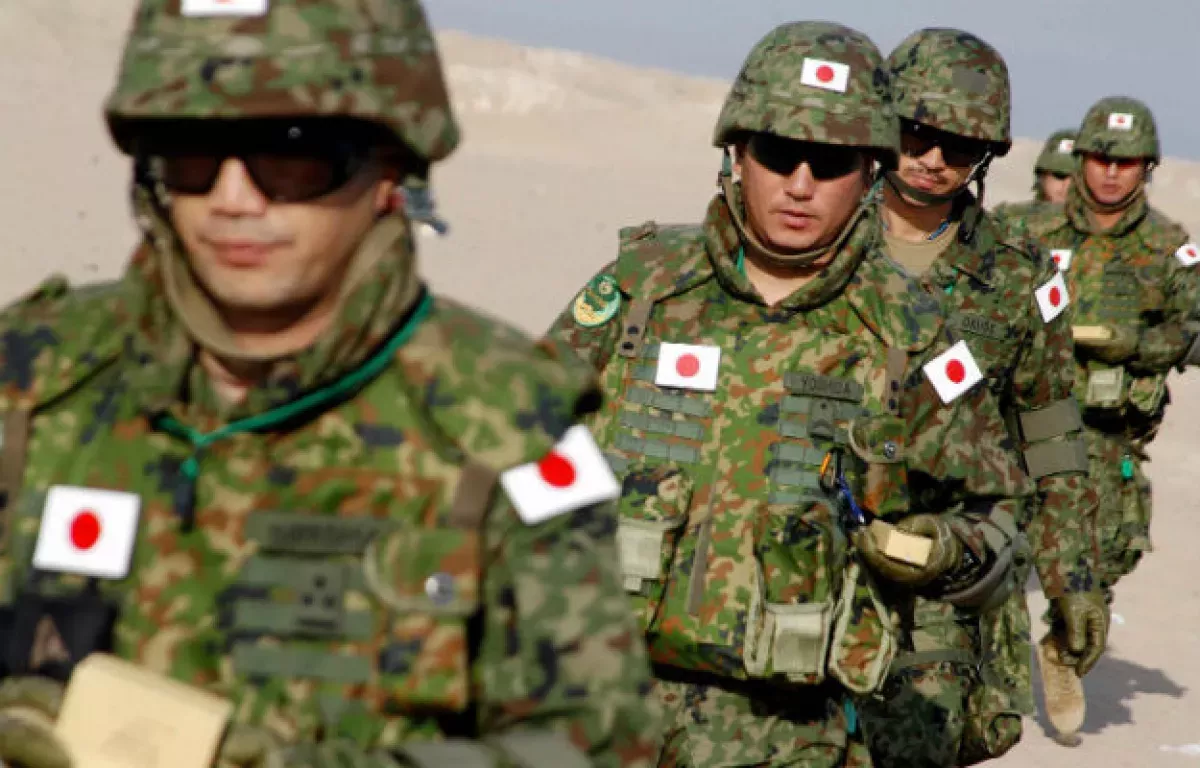Nuclear question: Can Japan uphold its pacifist identity in changing world? Tokyo at crossroads
The world is heading toward a new nuclear arms race. What is most unsettling is that even countries for which the idea of possessing nuclear weapons had long been considered sacrilegious are now reexamining the idea. One of them is Japan—a nation scarred by Hiroshima and Nagasaki, whose 80th anniversary was marked with sorrow only days ago. For decades, Japan transformed that tragedy into a national philosophy of pacifism. Yet today, that philosophy is beginning to show cracks.
Japanese politicians are increasingly voicing remarks that were until recently considered taboo: "Japan and nuclear weapons." And these voices aren’t coming from fringe figures, but from mainstream political leaders.
As Japanese ruling party lawmaker Rui Matsukawa announced, the country needs to prepare for the possibility of jointly using such weapons. This fact would allow a non-nuclear state to participate in the planning, preparation, and use of nuclear weapons.

Why is this happening? Because confidence in the American "nuclear umbrella" is quickly fading. President Donald Trump, sticking to his "America First" policy, has made it clear to US allies not to rely on unconditional support. This is particularly concerning for Tokyo, which is surrounded by three nuclear powers — Russia, China, and North Korea.
And here’s where it gets really interesting. Japan isn’t some developing country that’s decades away from a nuclear program. It’s already on the brink. It has huge plutonium reserves, advanced science, technology, and manufacturing capabilities — all the pieces are in place. The Japanese just need a political decision, and in a few years, a new nuclear power could emerge on the world map.
But the real question is: are the Japanese willing to move past their own history? Hiroshima and Nagasaki aren’t just national tragedies—they’ve been a moral cornerstone for the country. It’s this deep pain that has allowed Japan to say for decades: we know what nuclear devastation means, and that’s why we will never pursue it ourselves. Can such a powerful moral legacy simply be set aside for political convenience?
Nevertheless, society is changing. The younger generation, with no memory of war and not burdened by the tragedies of their grandparents, sees reality differently. For them, the "three non-nuclear principles" increasingly sound like museum relics rather than living rules. They want security here and now. And if America doesn’t guarantee it, maybe it’s time to take their fate into their own hands?

The consequences are clear. A nuclear Japan would automatically trigger a chain reaction in the region. South Korea, where talks about its own bomb have been ongoing for a long time, won’t stay on the sidelines. China would see it as a direct challenge. Russia, which has traditionally reacted strongly to Japan’s security moves, would also respond. A new “Cold War” would begin in Asia — one far more tense than the one that divided Washington and Moscow in the 20th century.
And here lies the main paradox. If Japan develops nuclear weapons, the world will lose the last country that, through its own experience, could remind us of the true cost of an atomic catastrophe. A symbol of pacifism will become just another player in the global game of mutual destruction. This would be not only a political collapse but a moral one as well.
Japan today stands at a crossroads: to remain the "conscience" of the nuclear world or to become just another nuclear power, losing the moral authority to teach others. And the very fact that this question is being seriously considered shows that the international security system is breaking down. If even Japan is beginning to contemplate having the bomb, it means the world has entered a new—and far more dangerous—era.








